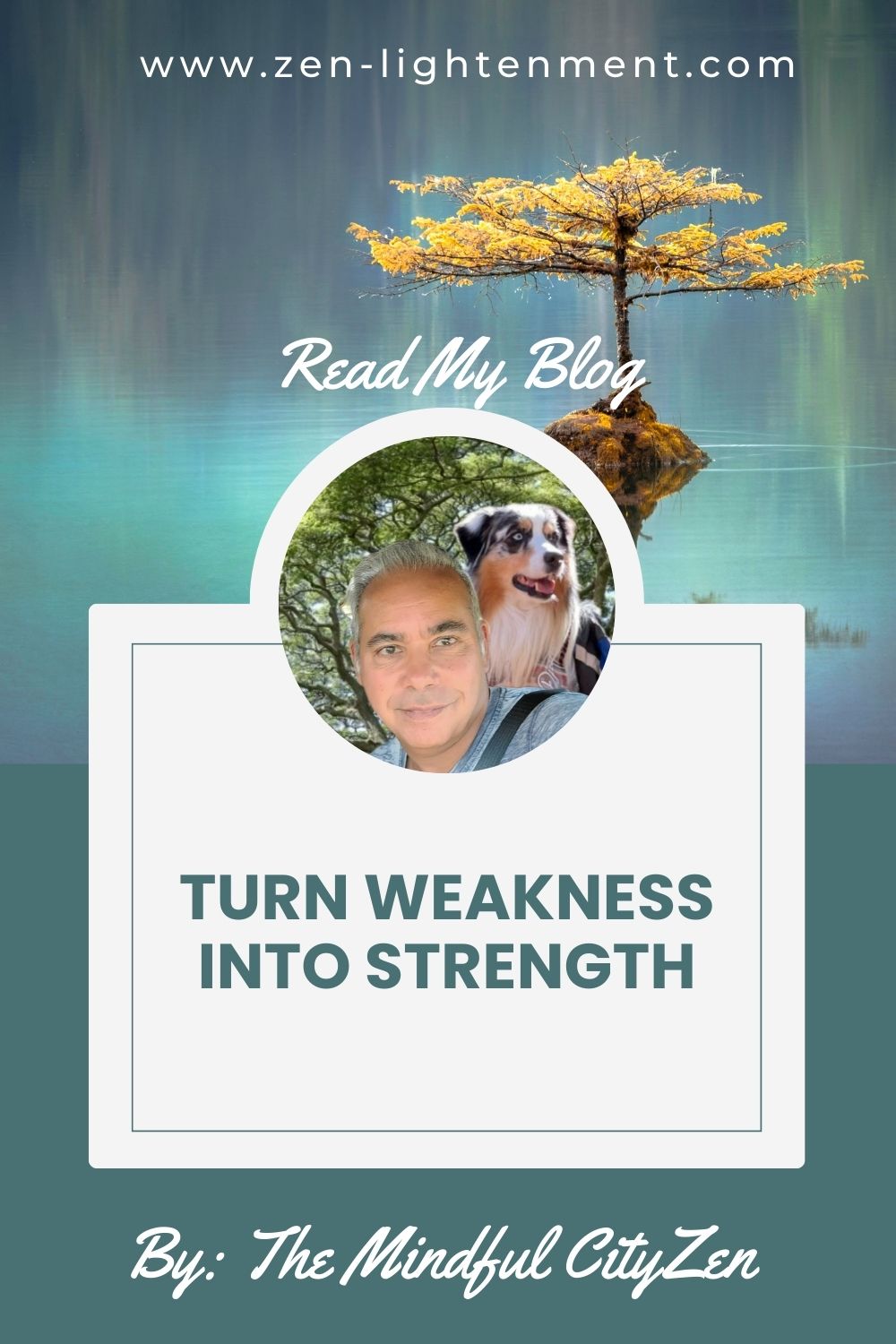Reflection – Make It a Habit
Introduction
Have you ever looked in the mirror and wondered “what am I doing, where am I going with my life?” “Is all of this worth it?” Well, you’re not the only one. I’ve done it many times, and so have most people I know. It’s an absolutely normal thing to do. It’s called “Reflecting.” And, in my opinion, people should do it more often. It helps bring purpose to our lives.
In our fast-paced and demanding lives, it is easy to get caught up in the constant stream of responsibilities, deadlines, and activities. Often, we find ourselves moving from one task to another without taking a moment to pause and consider the significance of our actions. In this busy world, the art of reflection often takes a backseat. However, embracing the practice of reflection can lead to profound personal growth, improved decision-making, and a deeper understanding of us and others.
Understanding Reflection
Definition of Reflection
Reflection, in its essence, is the act of thoughtfully contemplating one’s experiences, actions, and emotions. It involves taking a step back from the hustle and bustle of life to gain insight and perspective on the events that shape our existence.
Importance of Self-Reflection
Self-reflection is not merely a process of reminiscing about the past. Instead, it is a proactive and conscious effort to understand our thoughts, behaviors, and beliefs. By engaging in regular self-reflection, we can develop a deeper awareness of ourselves and make intentional choices to lead a more fulfilling life.
Benefits of Making Reflection a Habit
Personal Growth and Development
Through reflection, we gain valuable insights into our strengths and weaknesses, allowing us to focus on personal growth. By acknowledging our areas of improvement, we can take constructive steps to become the best version of ourselves.
Improved Decision Making
Reflection enables us to evaluate past decisions and their outcomes, providing us with the wisdom to make better choices in the future. It enhances our ability to weigh pros and cons, anticipate consequences, and make more informed decisions.
Enhancing Emotional Intelligence
By reflecting on our emotions and reactions, we develop emotional intelligence – the capacity to understand and manage our emotions and empathize with others. This heightened emotional awareness contributes to healthier relationships and effective communication.
Strengthening Relationships
Reflection allows us to examine our interactions with others, identify patterns, and improve our communication skills. It fosters empathy, compassion, and understanding, which are the building blocks of meaningful relationships.
How to Make Reflection a Habit
Carve Out Time Regularly
To make reflection a habit, it is essential to set aside dedicated time regularly. Whether it’s a few minutes at the end of the day or a weekly reflection session, consistency is key.
Create a Supportive Environment
Create a quiet and comfortable space without distractions for a positive experience. Surround yourself with encouraging influences if needed.
Use Guided Reflection Techniques
If you’re new to reflection, using guided techniques like journaling or mindfulness exercises can be helpful. These structured approaches provide a framework for introspection.
Overcoming Challenges in Reflective Practice
Dealing with Resistance
At times, reflection may bring up uncomfortable thoughts or emotions. Embrace these feelings and consider them opportunities for growth, rather than avoiding them. Reflection is not just about the pleasant thoughts; it’s about confronting and overcoming unpleasant thoughts too.
Avoiding Self-Judgment
Reflection is not about self-criticism but rather an objective evaluation of experiences. Show compassion, kindness and be considerate of yourself throughout the process.
Maintaining Consistency
Building a reflective habit takes time and effort. Stay committed to the practice even during busy or challenging periods.
Incorporating Reflection into Different Areas of Life
Reflection in Personal Relationships
Reflect on your interactions with loved ones, identify areas of improvement, and communicate openly to strengthen bonds.
Reflective Practices in Professional Life
Incorporate reflection into your work routine to enhance problem-solving skills, boost creativity, and foster a positive work environment.
Reflecting on Learning and Education
Students and lifelong learners can benefit from reflecting on their learning experiences, understanding their preferred learning styles, and setting learning goals.
Reflection and Mindfulness
The Connection Between Reflection and Mindfulness
Mindfulness – being present and aware in the moment – complements the reflective practice, as it enables us to examine our thoughts and feelings objectively.
Cultivating Mindful Reflection
Combine mindfulness techniques, such as meditation or deep breathing, with reflective practices to enhance self-awareness and inner peace.
Scientific Perspective on Reflection
Research Studies on Reflection
Numerous studies in psychology and education support the positive impact of reflection on personal and professional development.
Psychological and Cognitive Benefits
Reflection is associated with increased self-awareness, improved critical thinking, and reduced stress levels.
Real-Life Examples of Successful Reflective Individuals
Quotes and Stories
Many successful individuals credit reflection as a crucial factor in their personal and professional achievements. Explore inspiring quotes and stories to motivate your reflective journey.
Conclusion
Reflection is a powerful tool that empowers us to grow, make better choices, and form deeper connections with ourselves and others. By incorporating reflective practices into our daily lives, we can foster personal development, emotional intelligence, and mindfulness. Embrace the habit of reflection, and you will embark on a transformative journey towards a more meaningful and fulfilled life.


You May Also Like

How to Avoid Being an Annoying Tourist While Dining Abroad
June 6, 2024
Understanding Different Types of Collagen and Their Absorption
June 4, 2024